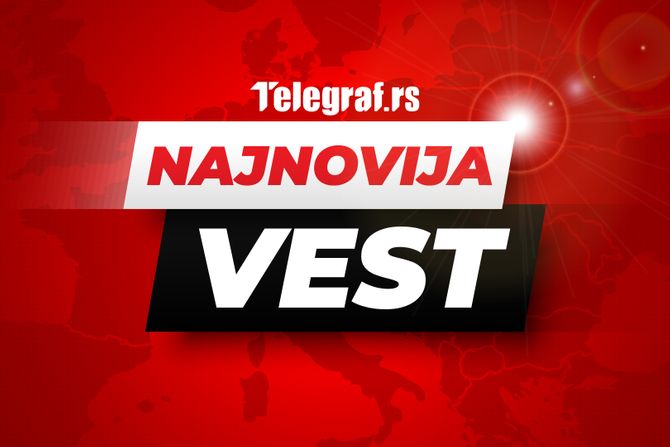Unprecedented Russia-North Korea Alliance Raises Concerns
In a significant geopolitical development, Russia and North Korea have cemented an alliance through a strategic military pact, prompting global scrutiny and raising potential security tensions.
Published December 06, 2024 - 00:12am

Image recovered from forbes.ru
In a major development on the global stage, Russia and North Korea have officially enacted a comprehensive strategic partnership agreement, marking a significant evolution in their diplomatic and military relations. This new agreement, ratified in Moscow and Pyongyang, emphasizes mutual military assistance should either nation fall under attack. This marks a turning point in the geopolitical landscape, reflecting a tightening bond between the two nations, both under significant pressure from the international community.
The agreement was initially signed in June and swiftly moved through the legislative procedures in both countries. In Russia, President Vladimir Putin led the charge, securing ratification in the State Duma by October, followed by approval in the Federation Council by November. North Korea, under the leadership of Kim Jong-un, also ratified the agreement promptly.
This pact is perceived not merely as a bilateral treaty but as a strategic manoeuvre that could have far-reaching implications for regional security in East Asia and beyond. It notably includes clauses for immediate military and other forms of support if one party enters a state of war due to an attack. Such terms suggest a potential shift in the military dynamics in regions such as Northeast Asia, where tensions are already high, particularly with North Korea's history of confrontations with South Korea and the United States.
The terms of the pact extend beyond military cooperation. Both nations have committed to not entering agreements that might threaten each other's core interests and to engage in collaborative activities designed to enhance each other's defense capabilities. They also assure non-implementation of unilateral coercive measures, a pledge that could serve as a bulwark against potential international sanctions or diplomatic isolation.
While the agreement is officially depicted as defensive and not aimed at any third party, its signing comes at a particularly sensitive time. Eastern Europe is unstable, particularly due to the ongoing conflict in Ukraine, where Russia is already militarily involved. This new alliance has added layers of complexity to the region's security calculations, notably drawing concerns from Ukraine, which is experiencing a critical period in its own military engagements, as well as from South Korea, which feels threatened by this alignment.
Seoul has expressed apprehensions that this pact might lead to increased military cooperation between North Korea and Russia, potentially involving extensive exchange of military resources and technology. These fears are compounded by the possibility of joint military exercises that could further escalate tensions in the region. South Korean intelligence has even hinted at the potential for direct military backing from Russia to North Korea, should confrontations arise on the Korean peninsula.
The potential for deeper military integration through this pact poses a broader challenge to the international community, which has long sought to contain North Korea's military ambitions, particularly its nuclear program. The exchange of defense technologies and the potential conduct of joint military activities are elements of concern that have been underscored by observers and government officials in several nations, given the potential implications for regional and global security.
It remains to be seen how other global powers will respond. The United States, a longstanding adversary of both Russia and North Korea, may need to reassess its strategic posture in Asia. The alignment of two nations with established nuclear capabilities underlines the need for a nuanced approach to diplomacy and military readiness, as the formalization of the Russia-North Korea mutual defense pact heralds a new phase of international relations fraught with both challenges and opportunities.







